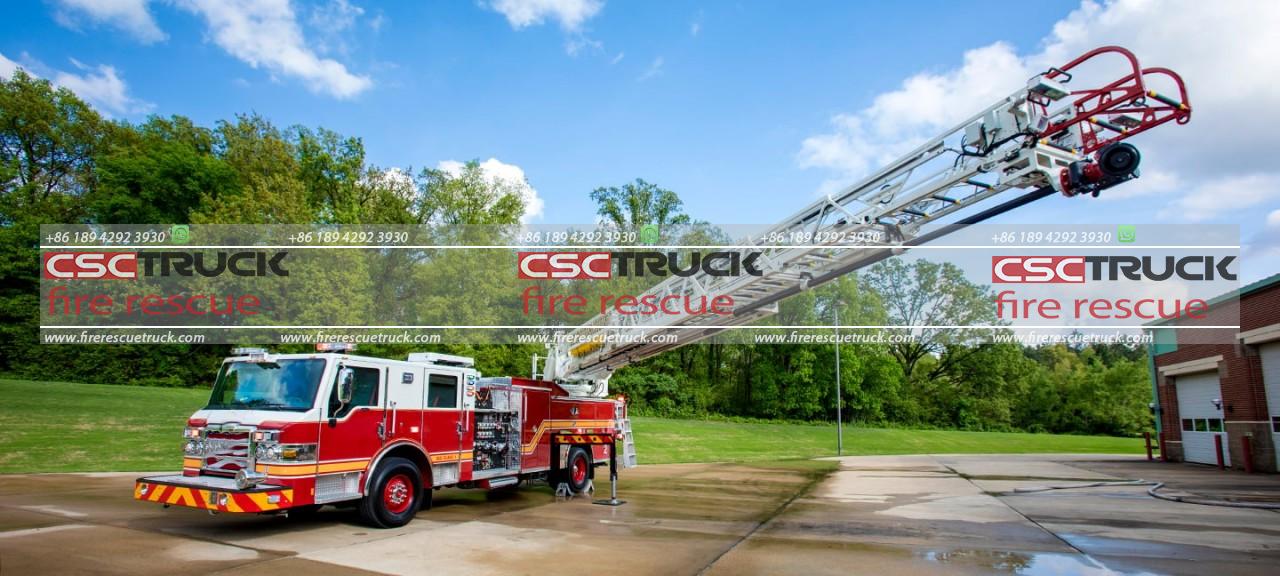What Are German Firefighters Called?
Firefighters are essential first responders across the world, known for their bravery and commitment to public safety. Their responsibilities go beyond just putting out fires; they also handle medical emergencies, natural disasters, hazardous materials incidents, and even animal rescues. But how are these dedicated individuals referred to in Germany? The term “German firefighters” encompasses more than just a name. Understanding the terminology offers a glimpse into the structure, history, and culture of firefighting in Germany.
The Term: Feuerwehr
In Germany, firefighters are called “Feuerwehr,” which translates directly to “fire defense” or “fire brigade.” The word “Wehr” refers to defense or protection, while “Feuer” means fire. Thus, the name encapsulates their primary function—defending against and managing fire hazards.
However, the term “Feuerwehr” doesn’t just refer to the people; it also represents the entire fire service system. When you hear someone mention “Feuerwehr,” they could be talking about the firefighters themselves, the fire station, the vehicles, or even the organization as a whole. It’s a blanket term for all firefighting entities within the country.
The people who work for the Feuerwehr are called “Feuerwehrleute,” which directly translates to “fire defense people.” If you’re referring specifically to a male firefighter, the term is “Feuerwehrmann” (fire defense man), while a female firefighter is referred to as “Feuerwehrfrau” (fire defense woman). The collective noun for both male and female firefighters remains Feuerwehrleute.
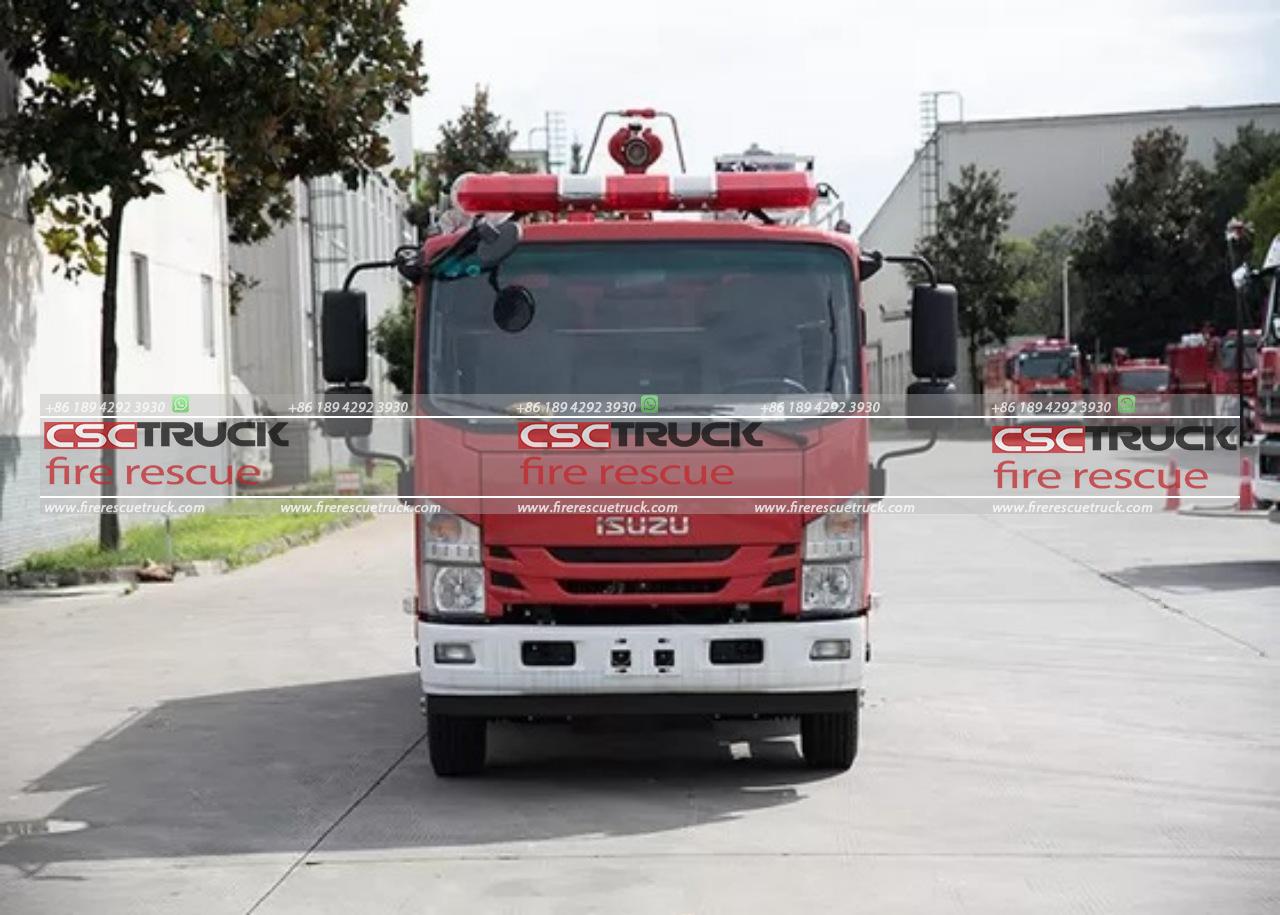
The Structure of the Feuerwehr
Firefighting in Germany is organized at the local, state, and national levels, though most operations are conducted by local brigades. The system is divided into several types of fire services, each with distinct roles and responsibilities, from volunteer fire brigades to professional firefighting units. This structure makes Germany’s firefighting system one of the most intricate and efficient in the world.
1. Volunteer Firefighters: Freiwillige Feuerwehr
One of the most unique aspects of Germany’s fire service is its heavy reliance on volunteer firefighters, or “Freiwillige Feuerwehr.” As the name suggests, these are individuals who volunteer to serve their communities by providing fire protection services, often while maintaining other full-time jobs. More than 95% of Germany‘s firefighters are volunteers, making the Freiwillige Feuerwehr the backbone of the firefighting community in smaller towns and rural areas.
Volunteer firefighters undergo rigorous training to ensure they are as qualified as their professional counterparts. They respond to calls 24/7 and perform nearly all the same duties as career firefighters, including firefighting, technical rescue, and emergency medical services.
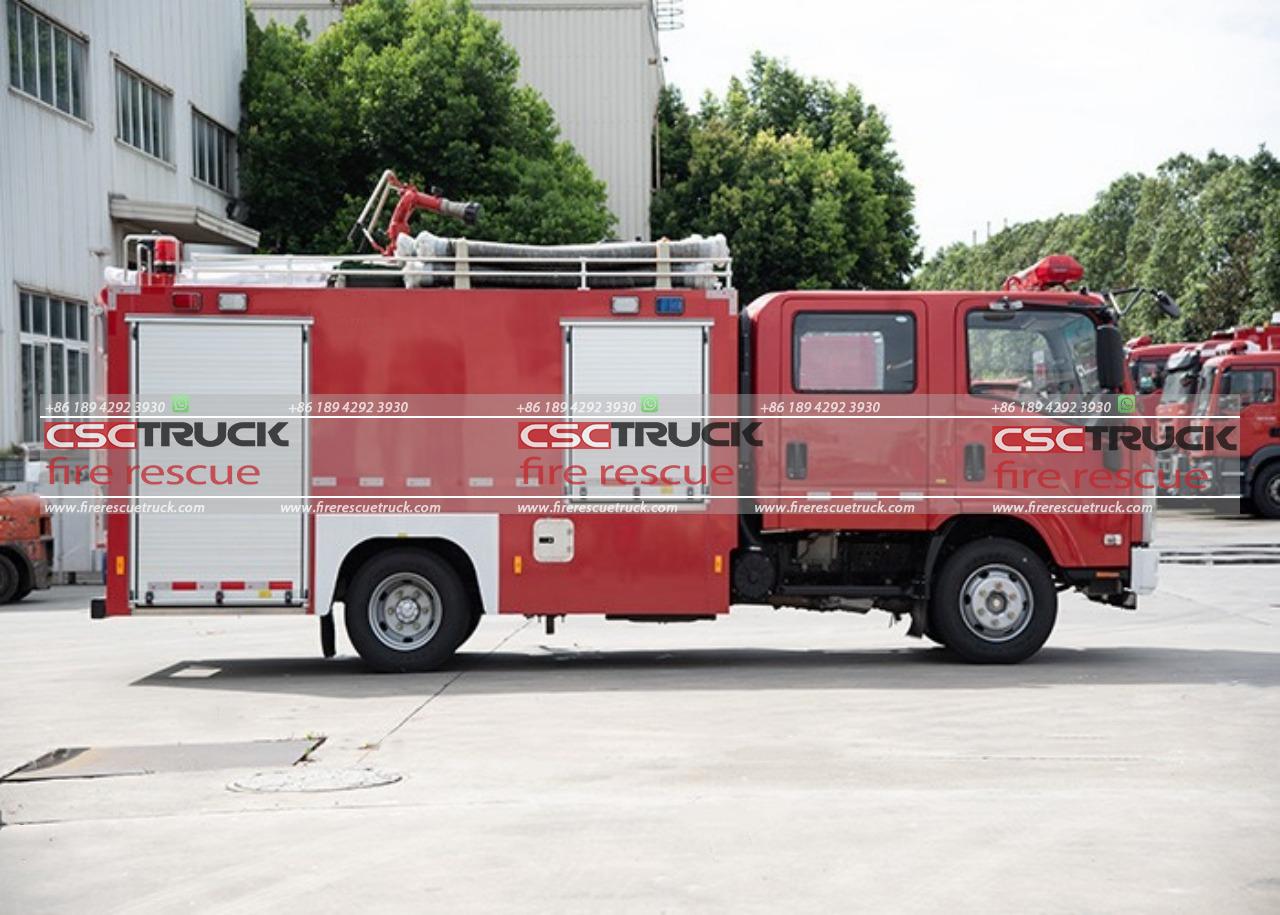
2. Professional Firefighters: Berufsfeuerwehr
In larger cities, where the demand for fire protection is much higher, you will find professional firefighters known as “Berufsfeuerwehr.” These are career firefighters who have undergone extensive training and are employed full-time by their municipalities. Their work covers a wide range of emergency services, including firefighting, rescue operations, hazardous materials management, and medical first responders.
Unlike volunteer firefighters, the Berufsfeuerwehr are on duty in fire stations around the clock. They serve in densely populated urban areas and industrial zones, where a quick response time is essential.
3. Plant Firefighters: Werkfeuerwehr
Another specialized branch within the German fire service is the Werkfeuerwehr, or plant fire brigade. These are industrial firefighters responsible for protecting specific facilities such as factories, chemical plants, airports, and power stations. Many large companies in Germany, particularly those with significant fire risk due to the nature of their operations, maintain their in-house fire brigades. Werkfeuerwehr personnel are usually professionals, although some may be volunteers who work within the plant.
These specialized teams have additional training tailored to the specific risks present at their facility, such as chemical spills or explosions. Some Werkfeuerwehr units are among the most highly trained firefighters in Germany due to the dangerous environments in which they operate.
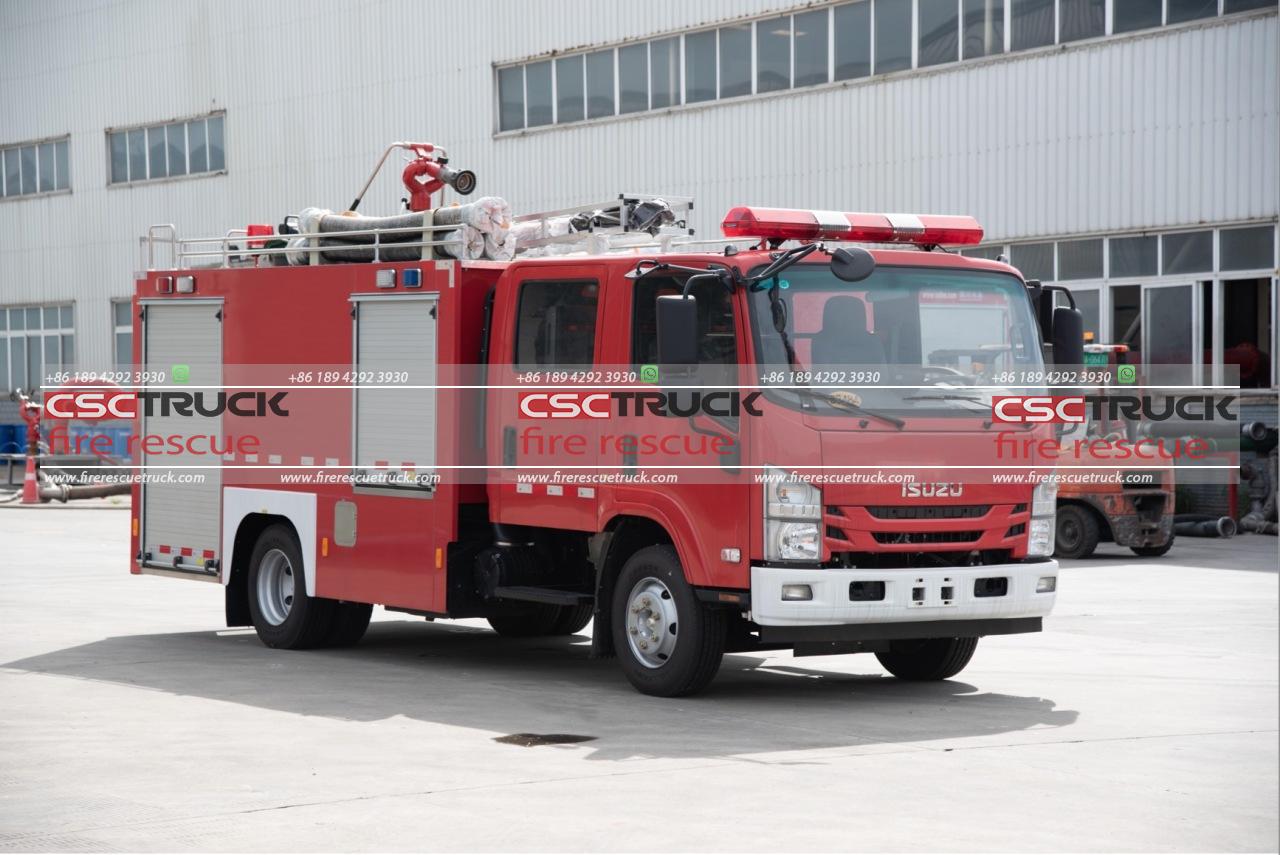
4. Youth Firefighters: Jugendfeuerwehr
Germany places a strong emphasis on training and educating the next generation of firefighters. The Jugendfeuerwehr, or youth fire brigade, allows young people between the ages of 10 and 18 to receive firefighting training and participate in various related activities. This system fosters a sense of community service while providing the foundational skills needed to become a firefighter.
Youth firefighters do not respond to real emergencies, but they are trained in many of the same techniques and safety procedures that adult firefighters use. The Jugendfeuerwehr is a major feeder into the volunteer firefighting system, and many of today’s Freiwillige Feuerwehr members got their start in youth brigades.
History of the German Fire Service
The origins of organized firefighting in Germany date back to the 19th century, although informal groups for fire control existed even earlier. The modern concept of a structured fire brigade was first established in 1841 by Johann Philipp Albert, a pioneer in fire service organization. The idea quickly spread, with communities forming their fire defense units, which evolved into today’s Freiwillige Feuerwehr.
The Berufsfeuerwehr (professional fire brigade) was officially established in the late 19th century to serve larger cities where volunteers alone could not handle the volume of emergencies. Over time, advancements in technology and urban development have led to a more sophisticated and well-equipped fire service.
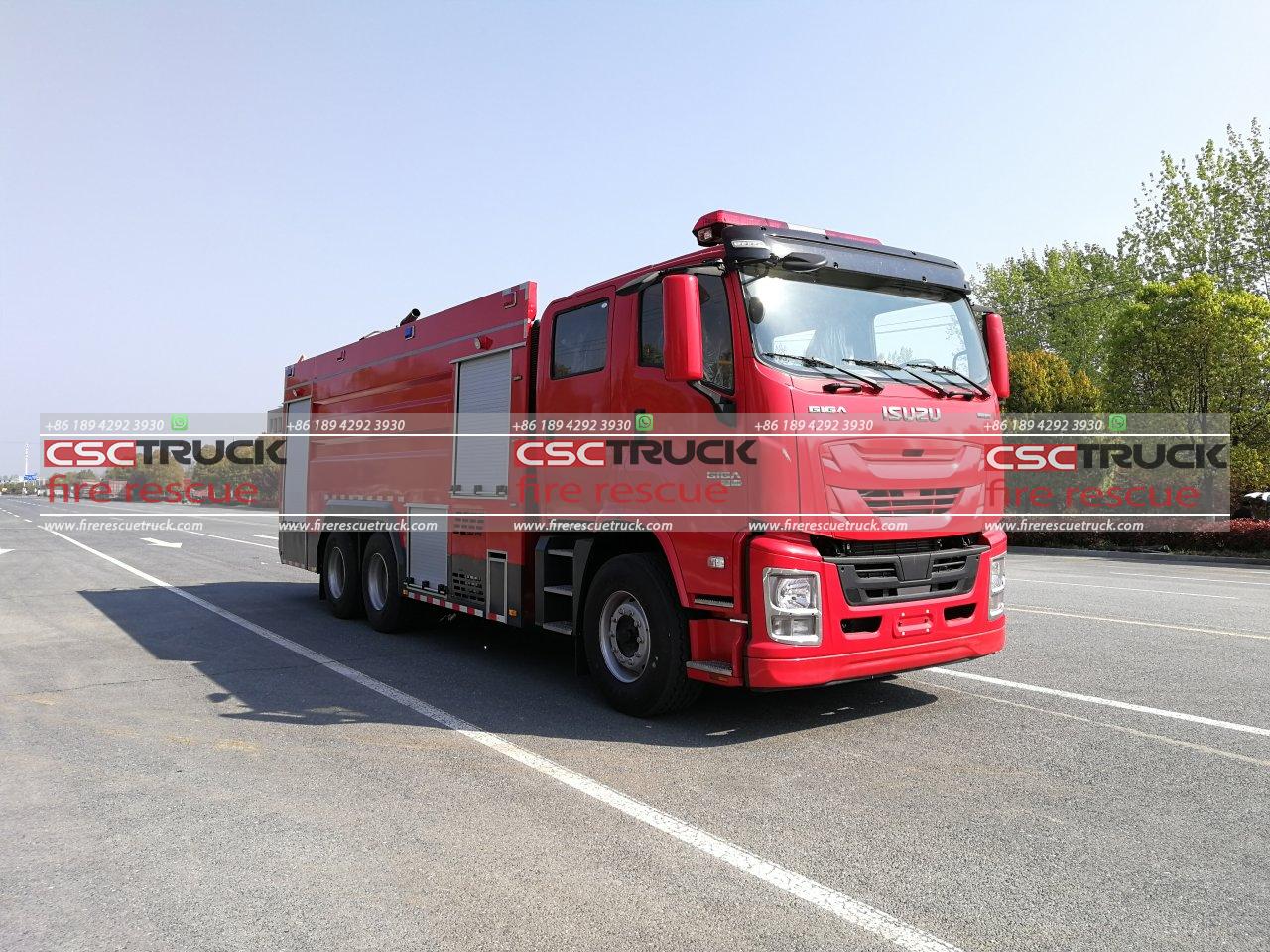
Firefighter Training in Germany
Training for firefighters in Germany is rigorous, regardless of whether they are volunteers or professionals. The **Freiwillige Feuerwehr** members must complete basic training, which includes fire suppression techniques, first aid, and handling hazardous materials. This basic training is often done in modules, allowing volunteers to attend in their spare time.
For professional firefighters in the Berufsfeuerwehr, training is more extensive and includes advanced medical care, technical rescue, and specialized training for high-risk scenarios like tunnel fires or chemical spills. Becoming a Berufsfeuerwehr member requires passing a competitive entry exam and completing a multi-year apprenticeship program, which includes both theoretical learning and practical, hands-on experience.
Specialized training is also available for firefighters in the Werkfeuerwehr, who deal with industry-specific risks like chemical leaks or machinery fires.
Cultural Significance of Firefighters in Germany
Firefighters hold a respected place in German society. The Freiwillige Feuerwehr, in particular, is deeply embedded in many small towns and villages. These volunteer firefighters are often seen as local heroes, embodying civic duty and community spirit. Many rural communities would be unable to function without them, as the professional Berufsfeuerwehr is typically too far away to provide timely emergency services.
Fire stations frequently serve as social hubs in German towns, hosting events, festivals, and educational activities. The Jugendfeuerwehr is not only a training ground but also a social organization, helping to foster a sense of belonging among young people.
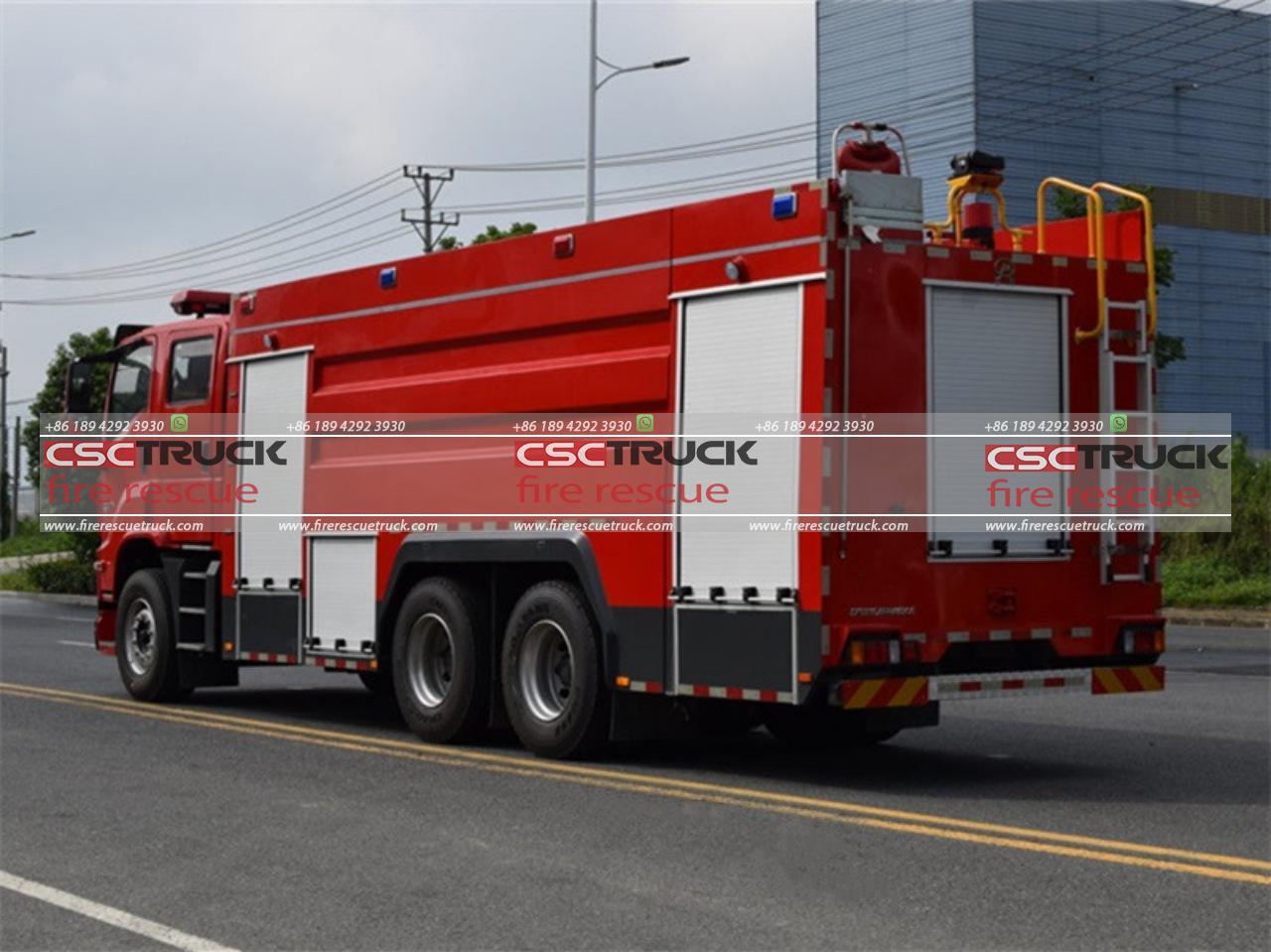
Conclusion
German firefighters, or “Feuerwehrleute,” are integral to the country’s emergency response system, encompassing both volunteer and professional units. Whether it’s the local Freiwillige Feuerwehr, the city-based Berufsfeuerwehr, or the industrial Werkfeuerwehr, these individuals are united by their commitment to public safety. Beyond their technical skills and bravery, firefighters in Germany represent the spirit of community, selflessness, and readiness, making them one of the most respected professions in the country.



